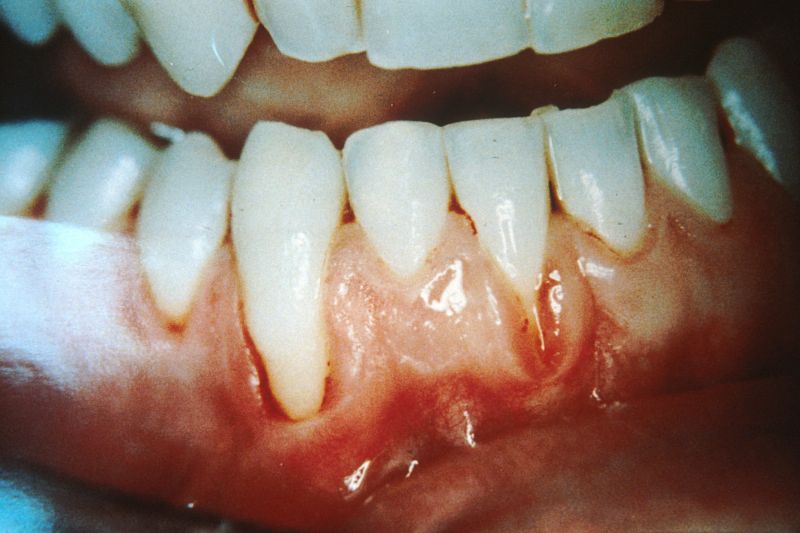New York: There is now one more reason to brush your teeth regularly. Researchers have found that some bacteria that lead to gum disease may also increase the risk of esophageal cancer that affects the tube running from the throat to the stomach.
This study, published in the journal Cancer Research, examined whether oral microbiota were associated with subsequent risk of esophageal cancer.
Tracking the oral health of 122,000 people in the US for a decade, the researchers found that two bacteria species linked with common gum disease can increase the risk of the cancer.
Esophageal cancer is the eighth most common cancer and the sixth leading cause of cancer death worldwide, said one of the researchers Jiyoung Ahn, Associate Professor at New York University (NYU) School of Medicine.
Because the disease is often not discovered until it has reached an advanced stage, five-year survival rates range from about 15 to 25 per cent worldwide.
“Esophageal cancer is a highly fatal cancer, and there is an urgent need for new avenues of prevention, risk stratification, and early detection,” Ahn said.
The most common types of esophageal cancer are esophageal adenocarcinoma (EAC) and esophageal squamous cell carcinoma (ESCC).
The researchers found that higher levels of the Tannerella forsythia bacteria were associated with a 21 per cent increased risk of EAC.
The bacteria Porphyromonas gingivalis was associated with a higher risk of ESCC.
Both species of bacteria are linked with common gum disease, Ahn noted.
The study also showed that a few types of oral bacteria were associated with lower risk of esophageal cancer.
For example, the Neisseria bacteria was associated with lower risk of EAC.
The finding on Neisseria indicates that certain bacteria may have a protective effect, and future research could potentially examine whether these bacteria could play a role in preventing esophageal cancer, Ahn said.
—-IANS

